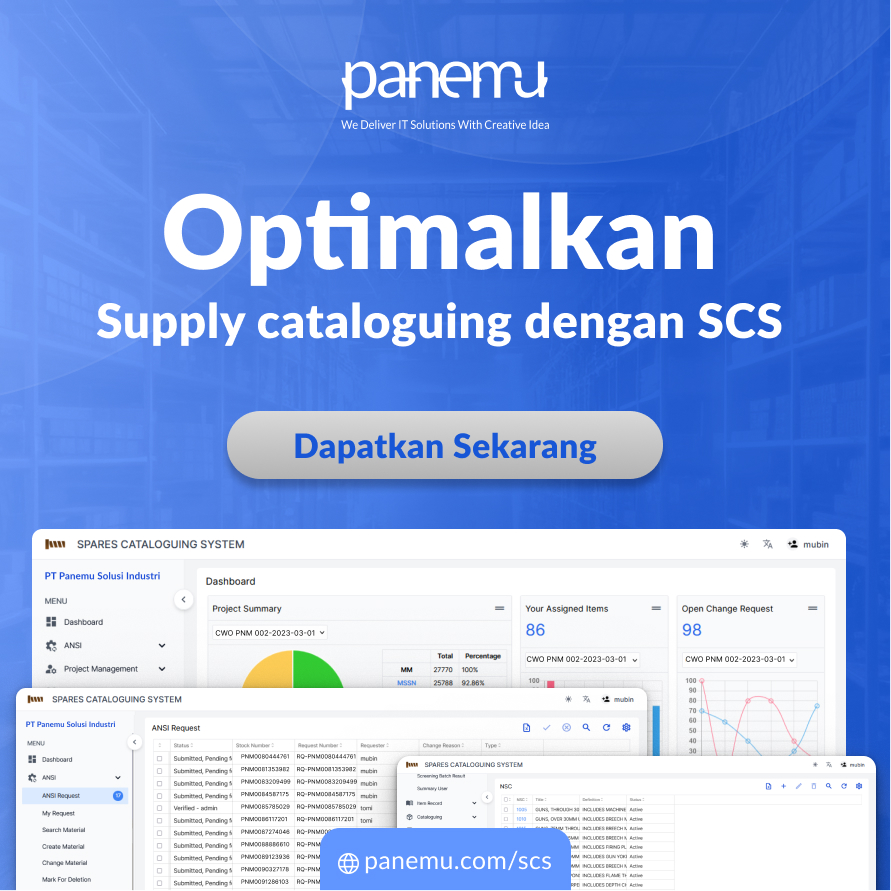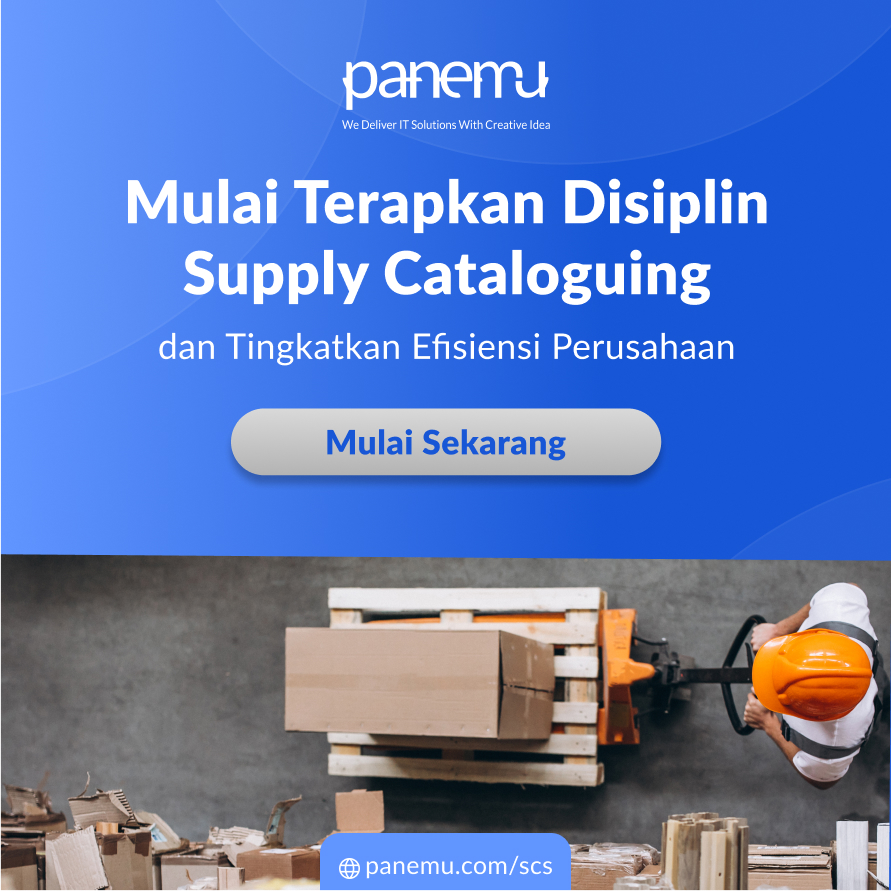In MRO data management, words matter—but sometimes, fewer words work harder. The Short Description is the front-line identifier of a material: the first thing users see in searches, requests, and transaction histories. It’s a compact yet powerful way to communicate what an item is, without overwhelming detail.
A Short Description isn’t just a truncated version of a full material description—it’s a crafted, deliberate summary designed to quickly differentiate one item from another. Done right, it accelerates procurement, maintenance, and warehouse operations.
The Role of Short Descriptions in MRO
A well-structured Short Description acts like a label on a shelf: instantly readable, unmistakable, and informative enough to prevent confusion. It serves as a navigation beacon in ERP/EAM systems, helping users locate and select the right item efficiently.
Without consistent Short Descriptions:
- Search results become cluttered with near-identical entries
- Users waste time opening full records for clarification
- Procurement errors and inventory mismatches increase
Core Principles of Effective Short Descriptions
🔸 Precision Over Ambiguity
Use exact terminology that leaves no room for misinterpretation.
🔸 Standardized Structure
Follow a consistent format, typically Noun, Modifier, Key Attribute (e.g., Valve, Ball, 2-inch).
🔸 Optimal Length
Keep it short enough for quick scanning—generally 30–50 characters—while retaining essential identifiers.
🔸 Relevant Attributes Only
Highlight the most critical differentiators: size, material, type, or capacity.
🔸 Avoid Redundancy
Do not repeat data already captured in other fields; Short Descriptions should complement, not duplicate.
Business Impact of Short Description Standardization
➤ Search Efficiency
Structured, concise entries allow for faster searches and accurate filtering in MRO databases.
➤ Error Reduction
Clear identifiers reduce the risk of selecting incorrect items, saving both time and resources.
➤ Cross-Functional Communication
Short Descriptions act as a shared reference point across departments and even suppliers.
➤ Data Governance Support
By enforcing a standard format, Short Descriptions contribute to overall Master Data Management quality.
Functional Use Cases in the Field
- Aviation Maintenance: Mechanics locate precise parts in ERP systems without scrolling through multiple similar descriptions.
- Oil & Gas: Remote site teams identify correct equipment quickly in high-pressure operational environments.
- Automotive Manufacturing: Procurement teams prevent costly order mistakes by selecting from well-differentiated Short Descriptions.
Implementation Practices
✔ Rule-Based Generation
Automate Short Description creation from key material attributes using predefined templates.
✔ Governance Ownership
Assign responsibility to data stewards for reviewing and approving all Short Descriptions.
✔ Training for Data Entry Teams
Equip teams with clear guidelines and examples for crafting effective Short Descriptions.
✔ Integration with Cataloguing Systems
Embed Short Description rules into ERP/EAM workflows to enforce compliance.
✔ Continuous Quality Checks
Regularly audit for deviations, inconsistencies, or obsolete formats.
A Short Description may be small in length, but it’s enormous in impact. It’s the handshake between your material master and its users—a first impression that shapes efficiency, accuracy, and trust in your MRO data. Panemu’s Cataloguing Service applies proven Short Description frameworks to ensure clarity at scale, while our SCS Key Features provide the tools to maintain precision and consistency across your inventory for years to come.

